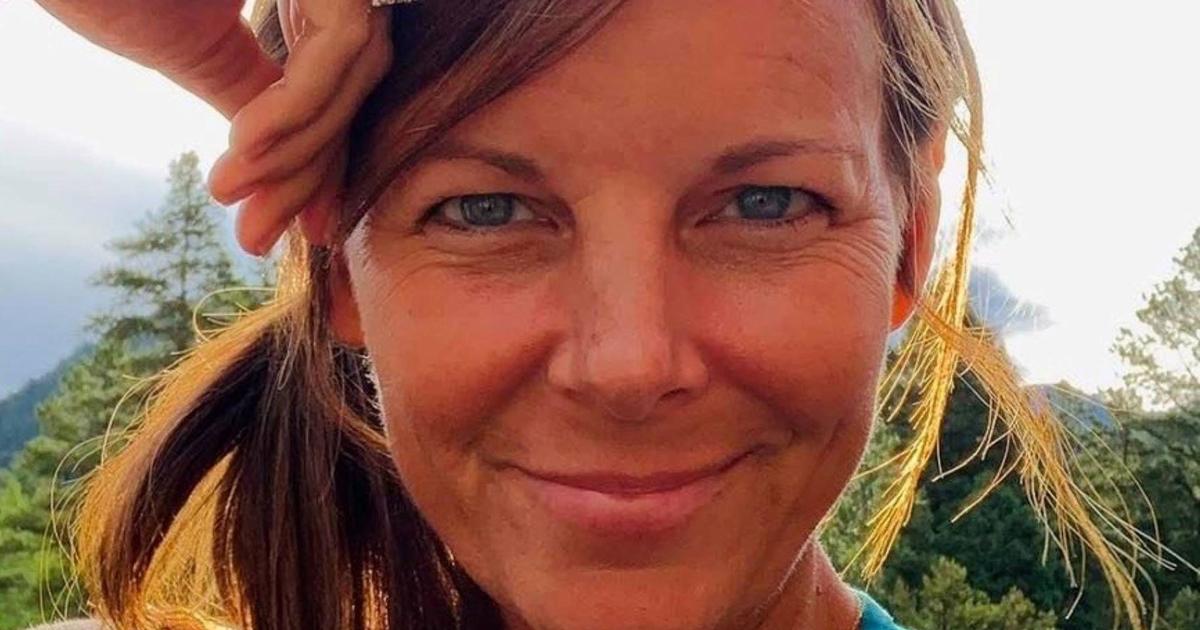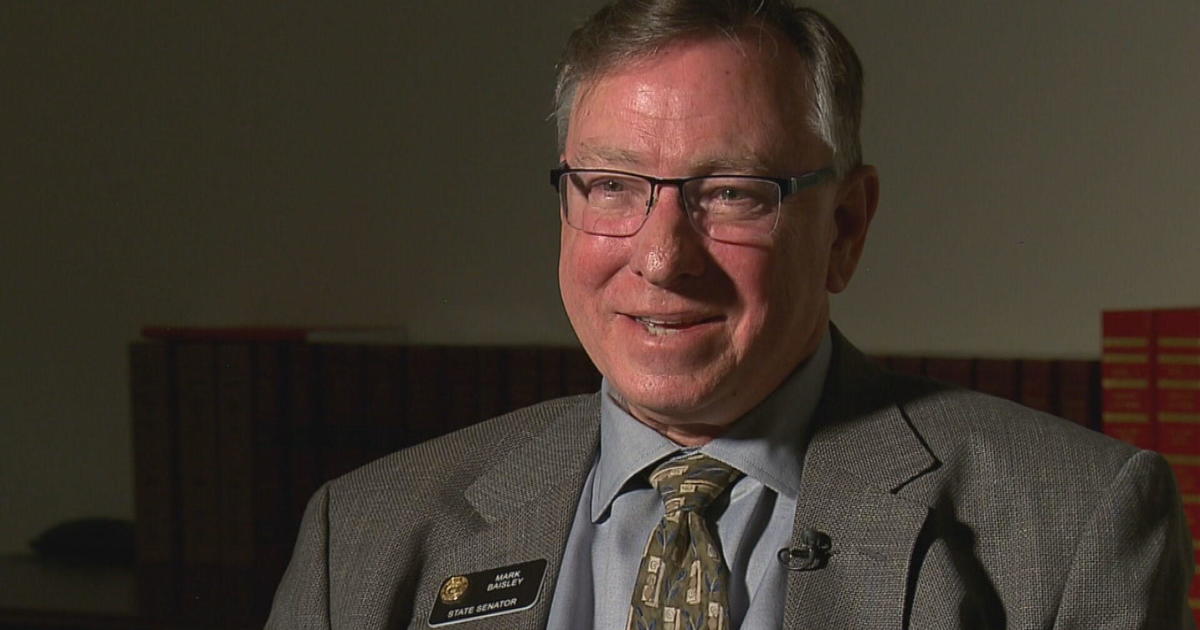Governor Asked To Spare Life Of Convicted Killer
DENVER (AP) - A man convicted of ambushing and killing four employees at a Colorado pizza restaurant in 1993 had undiagnosed bipolar disorder at the time and should not be executed, his lawyers argued Monday.
Nathan Dunlap's attorneys made the claim in a formal request to Gov. John Hickenlooper for clemency, also saying Dunlap is remorseful and that he endured severe physical and sexual abuse as a child.
Dunlap, 38, was convicted and sentenced to die in 1996 for the shooting deaths of four workers who were cleaning a Chuck E. Cheese restaurant in the Denver suburb of Aurora after business hours. Three of the victims were teenagers. Dunlap, then 19, had recently lost a job at the eatery.
The U.S. Supreme Court turned down Dunlap's last guaranteed appeal in February. This month, a judge scheduled Dunlap's execution for the week of Aug. 18, with the day to be set by the head of the Colorado Department of Corrections.
Hickenlooper hasn't said how he would respond to a request for clemency. He met Friday and Saturday with victims' family members, prosecutors and others to hear their views.
Hickenlooper appeared to be torn on the issue, said Bob Crowell, father of one of the victims, who met with the governor Friday.
"We let him know that we are certainly for the death penalty being carried out," Crowell said Monday. His 19-year-old daughter, Sylvia, was among the four killed.
Crowell estimated that two dozen family members of victims were present, and that three-quarters of them favored execution.
A spokeswoman for the district attorney said Monday prosecutors in the case also met with Hickenlooper on Friday, but she did not know what they discussed.
The clemency petition acknowledges that Dunlap "committed his terrible crime" but says he was in the first full manic episode he experienced as a result of bipolar disorder.
The petition says three jurors who convicted Dunlap and sentenced him to die now say they might have voted for life in prison instead had they known he had bipolar disorder. The jurors are not identified by name.
Doctors from the state mental hospital judged that Dunlap was not mentally ill before his 1996 trial but did note some "psychotic sounding" behavior, the petition says. Dunlap's trial attorneys did not investigate his mental health further, the petition says.
The state prison system began treating Dunlap for bipolar disorder in 2006, the petition says. It says Dunlap had frequent episodes of bizarre behavior and discipline problems, but those have ceased since the treatment began.
The petition includes an apology from Dunlap that reads in part, "I'm sorry for the pain and suffering I've caused the victims' families and friends. ... I'm sorry for the loss of life."
The petition includes letters of support for clemency from 15 retired judges, eight former prosecutors, numerous clergy, civil rights and mental health advocates and Dunlap's sister, Adinea M. Dunlap-Ashlock.
Dunlap-Ashlock's letter says she and her brother grew up in a dysfunctional family but offers no details. The petition states that Nathan Dunlap's mother touched him inappropriately and that his mother would experience manic episodes that terrorized her children.
By DAN ELLIOTT, Associated Press
(© Copyright 2013 The Associated Press. All Rights Reserved. This material may not be published, broadcast, rewritten or redistributed.)



